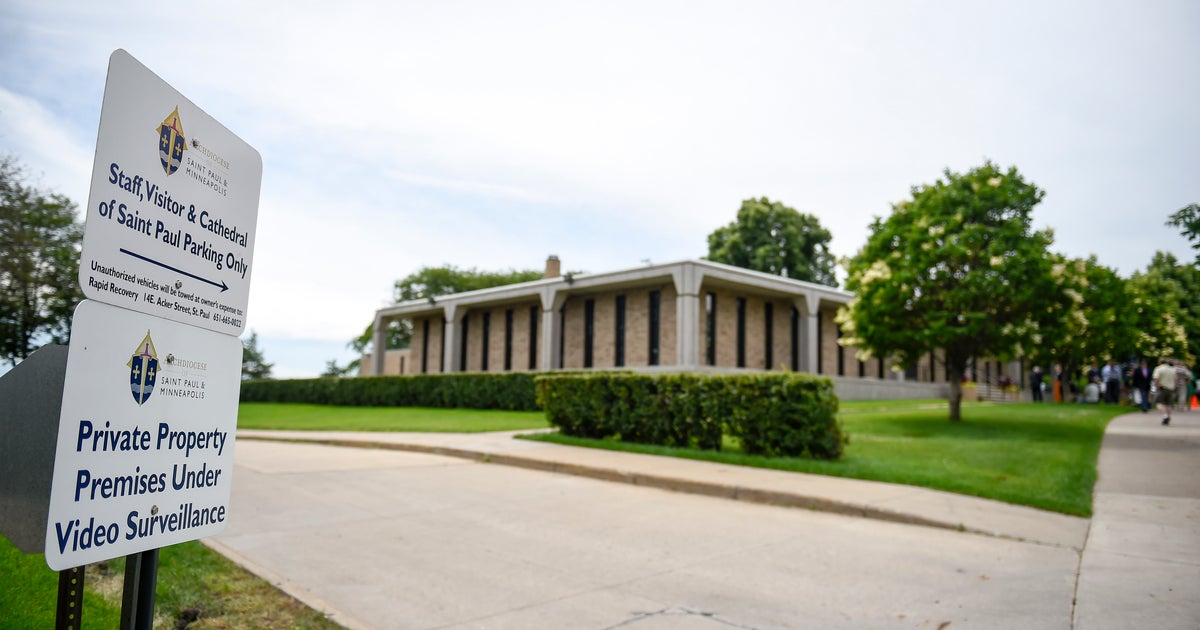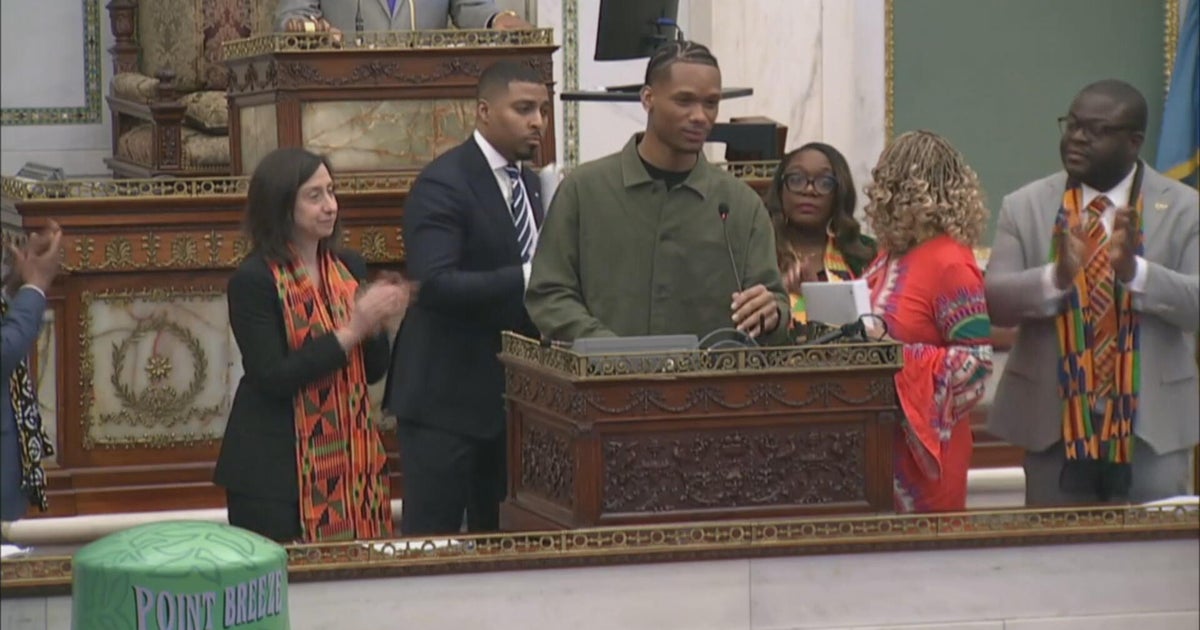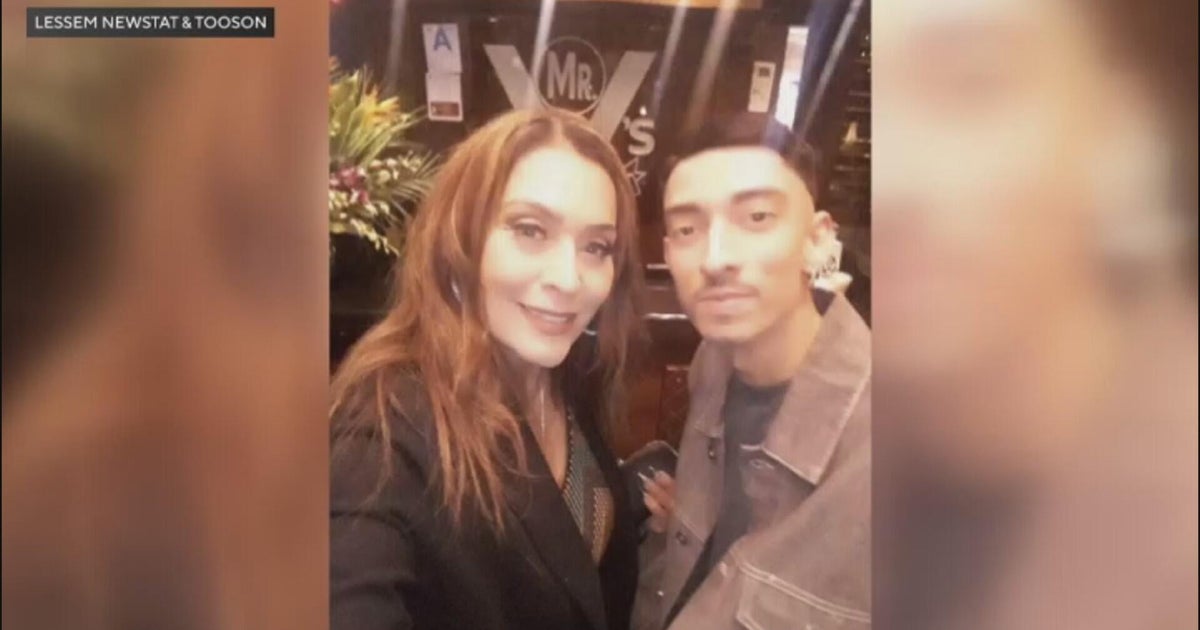Ex-officer who killed Philando Castile was rightfully denied teaching license, affirms Minnesota Court Of Appeals
ST. PAUL, Minn. — The Minnesota Court of Appeals has affirmed a ruling that barred Jeronimo Yanez, the former Twin Cities police officer who fatally shot Philando Castile in 2016, from gaining a teaching license in Minnesota.
In the opinion by Judge Louise Dovre Bjorkman filed on Monday, the court upheld a 2021 ruling denying Yanez's short-call substitute teaching licensure.
The death of Philando Castile
Yanez, then a St. Anthony Village police officer, fatally shot Castile during a traffic stop on July 6, 2016, on Larpenteur Avenue in Falcon Heights near the Minnesota State Fairgrounds.
He later said he pulled over Castile, a 32-year-old Black man, with the pretense of a broken tail light because he believed Castile resembled a Black armed robbery suspect described as having a "wide set nose."
Seconds after Castile announced he had a firearm on him and a permit to legally carry, Yanez shot him several times at point-blank range. His girlfriend and her 4-year-old daughter were also in the car but weren't hurt. The deadly encounter was livestreamed on his girlfriend's Facebook page.
Yanez was charged with second-degree manslaughter and two counts of reckless discharge of a firearm. He was acquitted of all charges in June 2017, sparking protests across the Twin Cities.
Yanez's push for licensure, denial, and first appeal
Yanez first applied for a teaching license in February 2020 while working as a part-time Spanish teacher at a private school, but his application was denied by the Minnesota Professional Educator Licensing and Standards Board (PELSB).
He appealed the decision, which was upheld in July 2021 by an administrative law judge who based their ruling on what they described as Yanez's "immoral character or conduct." The judge wrote Yanez "took a life that he should not have taken" and endangered the others in the vehicle, one of whom was a young child."
The judge also noted Yanez "prejudged Castile in a manner that indicated 'racial bias, microaggressions, and negativity bias' that would be 'detrimental to students, especially students of color.'" The PELSB agreed with the judge's decision and adopted their recommendations.
Yanez's second appeal, and Court of Appeals' first ruling
Yanez then filed a second appeal, citing the focus on his "immoral character or conduct" as "unconstitutionally vague." In November 2022, the Minnesota Court of Appeals ruled he was wrongly denied, and the PELSB needed to flesh out the factors it used to conclude Yanez's conduct "violated moral standards for the teaching profession."
The PELSB highlighted its 10-point teacher code of ethics, and an eight-factor educator fitness test, to aid in the defense of its stance.
The board said Yanez's racial profiling, the fact that he fired several rounds into the car with two people inside, and the lasting harm to the "health and safety" of Castile's family violated three code standards. The board also stated his conduct "resulted in worldwide notoriety of the killing and a demonstration of 'extremely poor judgment.'"
Court of Appeals denies Yanez's second attempt
In the second appeal, Yanez's legal team unsuccessfully argued three main points: the board was wrong to use the eight-factor fitness test, established in the aftermath of a 1969 California case about a male teacher who lost his license after having an affair with another male teacher; it was wrong to tie his conduct as a police officer to "the moral standards required of teachers"; and that the board merely "relabeled its prior findings."
Yanez's team also criticized the testimony of St. Paul Public Schools Superintendent Dr. Joe Gothard, who sided with the board. His team said Gothard had a conflict of interest because he had essentially been the boss of Castile, a cafeteria manager at St. Paul's J.J. Hill Montessori School. Gothard, however, didn't become head of SPPS until months after Castile's death.
"Yanez's disagreement with the board's determinations does not constitute a basis to reverse," wrote Judge Bjorkman in her opinion.
Castile's mother, Valerie Castile, told the Associated Press in 2022 that she believed Yanez's presence in classrooms would be harmful to students of color.
"The community knows about what he did and I don't think the kids would be comfortable even having him there," Castile said. "We have to think about our children's comfort levels. ... We have to think about those children and the trauma they suffered because of what he did."
NOTE: The original airdate of the video attached to this article is Nov. 29, 2022.








